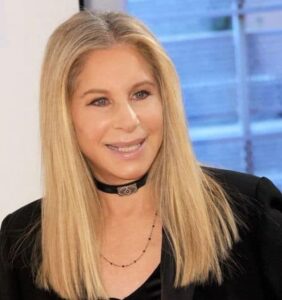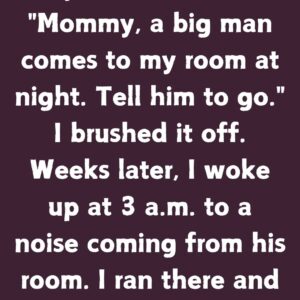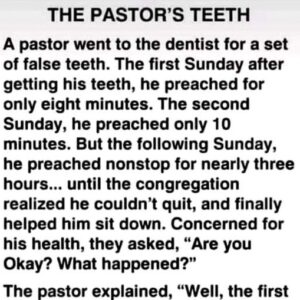Barbra Streisand has recently stood up in support of Fulton County District Attorney Fani Willis, who has been under fire from conservative critics. Streisand firmly believes that the criticisms aimed at Willis are an unfair attempt to tarnish her reputation by prying into her personal life.

In a post on X, Streisand highlighted how Willis is facing undue scrutiny for her private relationship with Nathan Wade, a subordinate prosecutor she hired for an inquiry related to the 2020 election results in Georgia. Streisand underlined the double standards at play, questioning why it is seen as acceptable for men to have private lives while women are harshly judged for the same.
“How silly that the Republicans want to have Fani Willis fired. For what? Thinking a woman can’t have a private life as well as a professional one? Men do it all the time! How ridiculous is this?” Streisand expressed.
Streisand didn’t stop there, also taking the opportunity to criticize former President Trump and his supporters. She stressed that the attacks on Willis are a strategy to deflect attention from crucial facts of the case: Trump’s alleged attempt to pressure the Secretary of State to alter vote counts in his favor and present false electors to Congress.
This ongoing controversy underscores the broader debate about the intersection of personal and professional lives, especially in the realm of high-stakes political and legal conflicts. It prompts essential questioning of gender equality and the distinct pressures placed on women in positions of power.
Barbra Streisand’s defense of Fani Willis brings to light the unique challenges women encounter when balancing their personal and professional lives. It’s a poignant reminder that women shouldn’t be judged or criticized for maintaining a private life alongside their professional commitments.
In summary, Streisand’s comments bring focus to the importance of fair treatment in professional fields, regardless of gender. Women, just like men, deserve the right to have personal lives without facing undue criticism. It’s a call for everyone to recognize and address these biases to create a more equitable and supportive professional environment for all.





